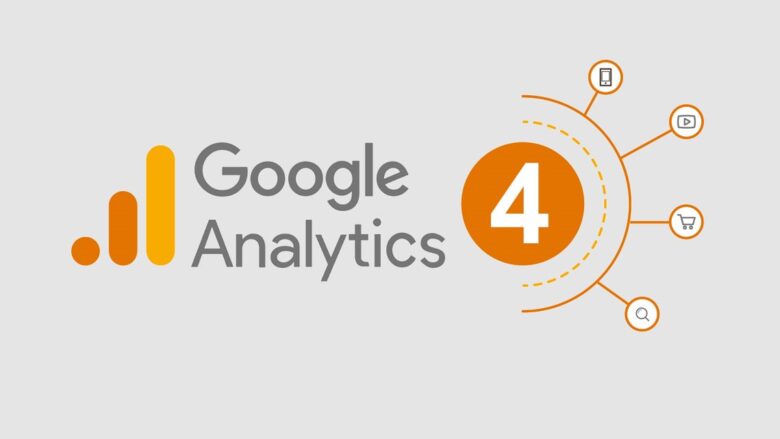The primary objective of a Search Engine Optimization (SEO) specialist is to ensure that the website(s) they manage is performing well in Google’s search results. Even though the other search engines matter, with 1.2 trillion searches each year, Google is the topmost priority for any SEO specialist.
The most important tool while doing Digital Marketing is Google Analytics. An estimate by Marketing Land suggests that nearly 30 to 50 million users are taking advantage of the helpful tools and features offered through Google Analytics. And many of the users using Google Analytics to enhance their Digital Marketing skills are those explicitly working in the SEO industry.
With SEO and website popularity being interrelated, it’s no surprise that so many Digital Marketing specialists use and rely on Google Analytics to track their progress. Google Analytics helps one understand the user’s experience when visiting a particular website. Necessary modifications for the website can then be made based on the analysis provided by Google Analytics to improve its rank in Google and other search engines.
Google Analytics helps track the website visitors and offers several additional information regarding your website. It provides proper insight into the page views on the website, individual time spent by a visitor when a person left the website, and many more. The information from Google Analytics helps the Digital Marketing specialist to improvise a proper action plan for the SEO of the website.
These are the five advantages offered by Google Analytics that make it an essential tool for any SEO specialist.
1. Web Traffic Monitoring
Google Analytics helps one understand just how many visitors their website has been getting over some time, organically. A specified time window can be selected (even as little as just one day), or one can view traffic over a long period, such as several months to years. The visitors can also be sorted from repeat visitors to new visitors (so that your visits aren’t counted).
Google Analytics also provides a good amount of information about other demographics, such as location, to better understand where and when the growth of the website is happening. It makes the job easier to understand the changes in the audience’s habits.
One example is that Google Analytics helps follow trends like an uptick in organic search around the holiday season or, conversely, a downfall in the summer month.
2. Understanding the Source of the Traffic
Seeing just how many visits a website has been getting is tremendously helpful as an SEO specialist. But when a Digital Marketing expert is looking at the general report, they are looking at the big picture. It is beneficial for an SEO specialist to understand how many visits resulted directly from social media efforts only, not from SEO.
Google Analytics also helps one to do this. It helps to understand where the website visitors are finding out about the website and from where they are coming from.
3. Comparing campaigns to track progress
One of the most valuable features of Google Analytics is that it allows one to view data from any period. It is an excellent tool for comparing efforts from different SEO campaigns to see what worked best and what didn’t.
4. Custom Alerts
Even though it’s essential to stay on top of any sudden declines in traffic and other issues, as a professional, constantly checking your Google Analytics may not be feasible. Google Analytics can set up custom alerts for things that you want to be aware of—for example, the fluctuations in traffic in any given period. You can set it up by using the “Customization” link on the left-hand menu of the Google Analytics dashboard, followed by “Custom Alerts.”, “Manage Alerts” and then “New Alert.”
5. Setting Achievable and Challenging Goals
Armed with the data provided by Google Analytics, an SEO specialist can set goals to continue to beat those numbers. An SEO specialist is always striving to improve the organic search numbers (or at least maintain them). Google Analytics provides key performance indicators (KPIs) that the SEO specialist should aim to maintain or surpass. KPI includes page views, unique views, time on the page, low bounce rates, and exits.







